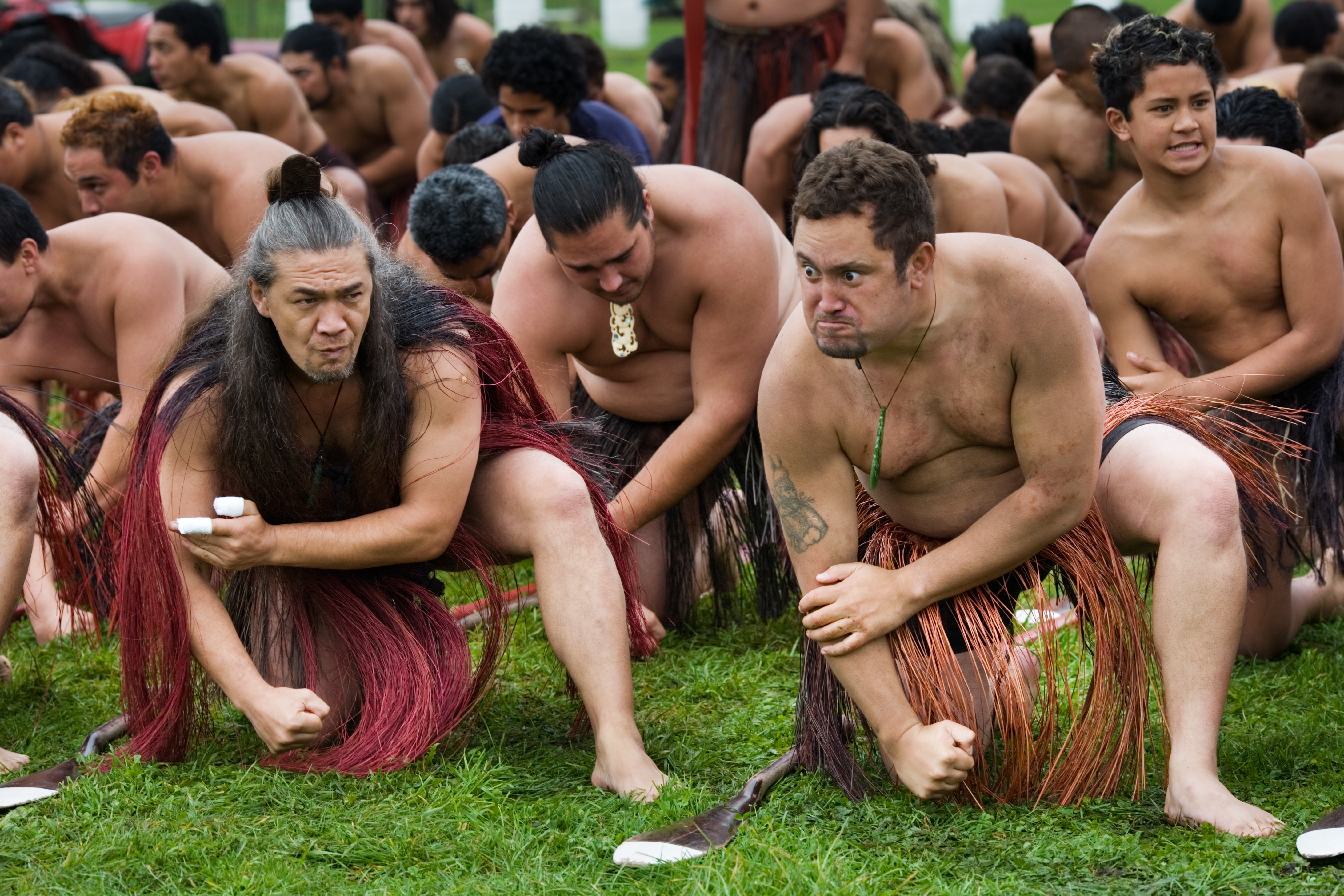Categories
- Māori (2)
August 5, 2013
The Māori (Māori pronunciation: [ˈmaːɔɾi], /ˈmɑːʊəri/) are the indigenous Polynesian people of New Zealand. The Māori originated with settlers from eastern Polynesia, who arrived in New Zealand in several waves of canoe voyages at some time between 1250 and 1300 CE. Over several centuries in isolation, the Polynesian settlers developed a unique culture that became known as the "Māori", with their own language, a rich mythology, distinctive crafts and performing arts. Early Māori formed tribal groups, based on eastern Polynesian social customs and organisation. Horticulture flourished using plants they introduced, and later a prominent warrior culture emerged.
The arrival of Europeans to New Zealand starting from the 17th century brought enormous change to the Māori way of life. Māori people gradually adopted many aspects of Western society and culture. Initial relations between Māori and Europeans were largely amicable, and with the signing of the Treaty of Waitangi in 1840 the two cultures coexisted as part of a new British colony. Rising tensions over disputed land sales led to conflict in the 1860s. Social upheaval, decades of conflict and epidemics of introduced disease took a devastating toll on the Māori population, which went into a dramatic decline. But by the start of the 20th century the Māori population had begun to recover, and efforts were made to increase their standing in wider New Zealand society. Traditional Māori culture has enjoyed a revival, and a protest movement emerged in the 1960s advocating Māori issues.
In the 2006 census, there were an estimated 620,000 Māori in New Zealand, making up roughly 15% of the national population. They are the second-largest ethnic group in New Zealand, after European New Zealanders ("Pākehā"). In addition there are over 120,000 Māori living in Australia. The Māori language (known as Te Reo Māori) is spoken to some extent by about a quarter of all Māori, and 4% of the total population, although many New Zealanders regularly use Māori words and expressions, such as "kia ora", in normal speech. Māori are active in all spheres of New Zealand culture and society, with independent representation in areas such as media, politics and sport.
Disproportionate numbers of Māori face significant economic and social obstacles, with lower life expectancies and incomes compared with other New Zealand ethnic groups, in addition to higher levels of crime, health problems and educational under-achievement. Socioeconomic initiatives have been implemented aimed at closing the gap between Māori and other New Zealanders. Political redress for historical grievances is also ongoing.

Subscribe to:
Post Comments
(Atom)

0 comments:
Post a Comment